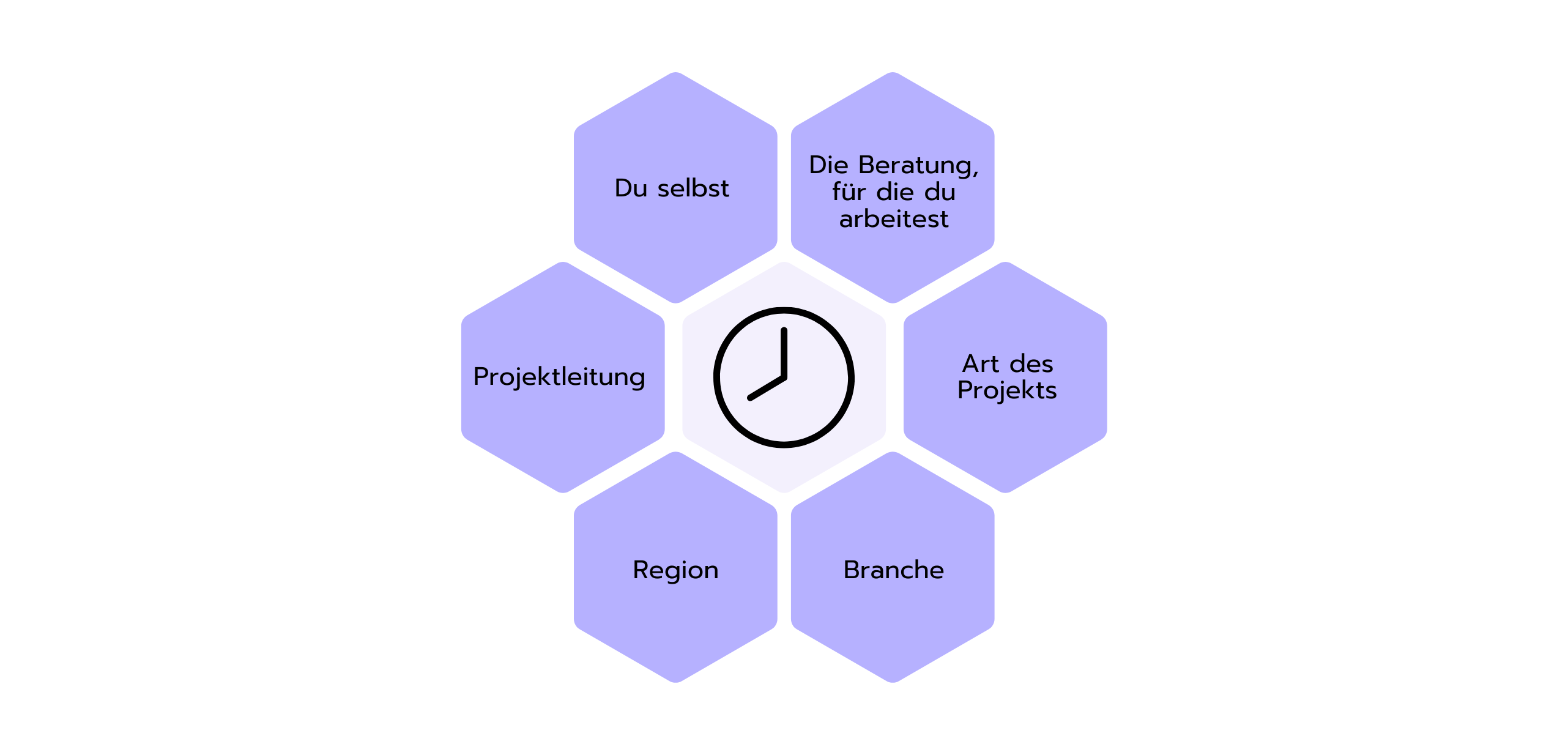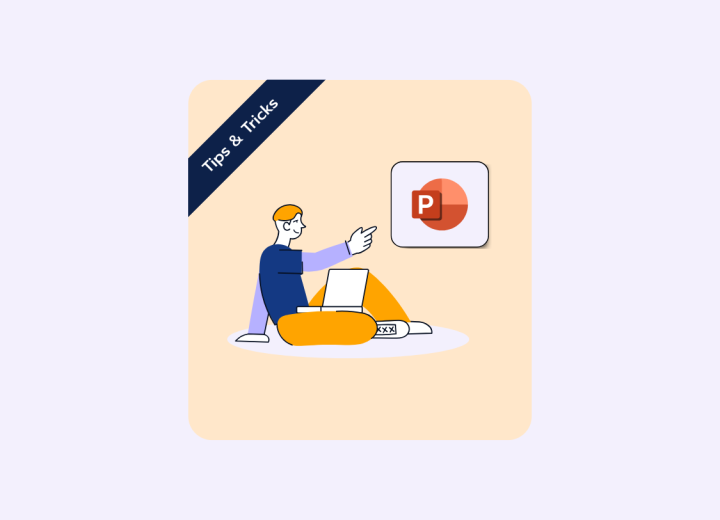Wie kannst du deinen Lifestyle im Consulting besser steuern?
Verstehe, was dir wirklich wichtig ist.
Vielleicht ist dir ein früher Feierabend am Freitag wichtig, Homeoffice am Montag oder feste Essenszeiten. Mach dir diese Bedürfnisse bewusst, halte sie selbst ein und sprich offen mit deinem Team und deinem Vorgesetzten darüber.
Finde heraus, wann du am produktivsten bist.
Manche Menschen arbeiten morgens besser, andere abends. Einige mögen das Team-Room-Setting, andere arbeiten lieber konzentriert im Einzelbüro. Überleg dir, was für dich am besten funktioniert und nutze deine produktiven Phasen voll aus. Wenn du nicht gebraucht wirst, bleib nicht unnötig bis 1 Uhr nachts im Teamraum und tu so, als würdest du noch „wichtige“ Aufgaben erledigen. Das bringt niemandem etwas.
Widme dich einer Sache nach der anderen.
Multitasking ist ein Mythos vergangener Generationen. Wenn du wirklich schnell gute Ergebnisse liefern willst, geht das nur, wenn du dich fokussiert mit einer Aufgabe beschäftigst.
Sprich Dinge offen an.
Die „obligation to dissent“, also die Pflicht, deine Meinung zu sagen, ist ein zentraler Wert im Consulting. Du darfst (und sollst!) Dinge ansprechen, die du anders siehst, egal, auf welchem Managementlevel deine Gesprächspartner:innen sind. Wichtig ist, dass du deine Argumente klar begründest.
Lerne, Nein zu sagen.
Du kannst es nicht allen recht machen. Versuch lieber zu erkennen, was wirklich wichtig ist und konzentriere dich darauf. Vielleicht machst du damit nicht jede:n glücklich, aber langfristig wird das eine starke Strategie sein. Irgendwann wirst du dann mit Menschen zusammenarbeiten, die ähnlich denken und arbeiten wie du.
Bau dir dein eigenes Netzwerk auf.
Such dir Kolleg:innen in deiner Unternehmensberatung, die ähnlich ticken und unterstützt euch gegenseitig. So wächst du fachlich, bekommst eher die Projekte und Projektmitarbeiter, die du willst, und hast dabei auch noch Spaß an der Arbeit.
Stell dein Können realistisch dar.
Erzähl dem Staffing Manager nicht, dass du ein Genie im Modeling bist, wenn deine Fähigkeiten in diesem Bereich eigentlich eher Durchschnitt sind. Mag sein, dass du so schneller ein Projekt bekommst, aber der Druck wird dich auffressen. Du arbeitest dann länger, bist gestresst und enttäuscht am Ende alle Beteiligten, trotz aller Anstrengungen.
Spezialisier dich früh auf eine Branche oder ein Thema.
Wenn du dir früh fundiertes Wissen in einem bestimmten Bereich aufbaust, kannst du schnell als Expert:in wahrgenommen werden, selbst als Associate. Du wirst effizienter, weil du Inhalte schneller verstehst und Probleme gezielter lösen kannst.
NIchtsdestotrotz sind lange Arbeitszeiten nach wie vor einer der Hauptgründe, warum viele Consultants die Branche verlassen. Deshalb investieren Consultingfirmen inzwischen viel, um ihren Mitarbeitenden ein besseres Arbeitsumfeld bzw. bessere Work-Life-Balance zu bieten. Am Ende liegt es aber auch an dir. Du musst herausfinden, was für dich langfristig tragbar ist und was dir die gewünschte Karriere ermöglicht. Überwinde deine Angst vor eingebildeten Konsequenzen und trau dich, Grenzen zu setzen und Nein zu sagen. Für dich und deine Bedürfnisse einzustehen mag nicht jedem gefallen, aber es wird dir helfen Menschen zu finden, die ähnliche Vorstellungen von gesunder Arbeitskultur haben wie du.





